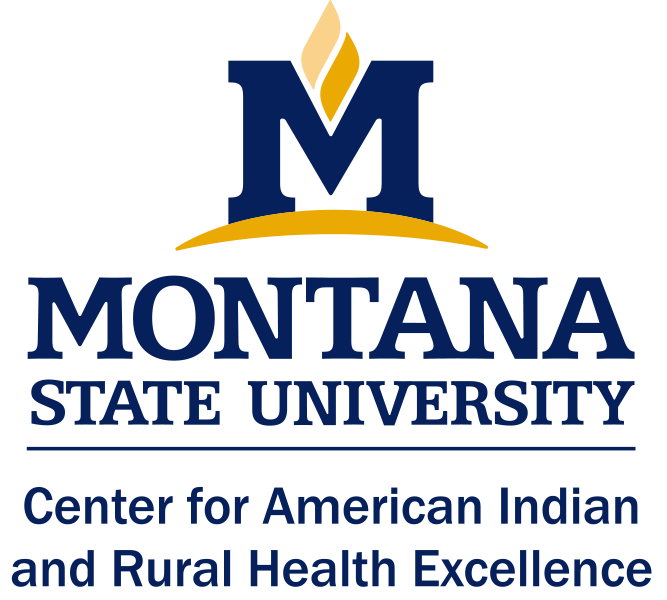Transcript of "CAIRHE: Respect, Relationship, & Reciprocity in Community-Academic Research Partnerships"
Transcripts are required for video posted on www.montana.edu. This is the only way to make video or audio content accessible to someone who is deaf and/or blind. This transcript can be converted into Braille, or read by a screen reader.
Rural health, and particularly Native American health, have some of the biggest health disparities in the country, and so for example a lifespan in Native American communities is up to 15-20 years less than in other communities; and so those are really important critical health disparities for us to address and understand and work with the communities to help solve. There are eight reservations in Montana and 12 tribes; they have a lot of differences--when you think about, you know, some of the ways they approach culture or language--but there's also many similarities. One of those similarities is health disparities. Indians in the United States live 5.5 years less than the average population. In Montana we live 20 years less an entire generation so we need to do something in regard to health there's a dire need for adequate Health Care the center for American Indian and Rural Health Equity we call it care it is a center that is funded by the National Institutes of Health and it's designed to really create long- lasting trusted Partnerships with Rural and Native American communities across the state and beyond in order to improve Health Equity for those communities I'm a member of the black feet tribe I'm a mother I have two daughters I'm a grandmother and I have 10 great grandchildren so it's really important to me that research is done in a respectful way and in doing that think that if they use something called a three Rs that they first develop relationships and that takes a long time and a concentrated effort secondly that they do that in a respectful way and last but certainly not least that to remember uh reciprocity respect relationship and reciprocity they really important Concepts that we want to get across in terms of how we work with communities and how we uh train investigators to work within communities so Turtle Island Tales is a family wellness program that we've developed over the past 15 years that aims to improve Wellness uh mental social physical and emotional Wellness for Native American families with young children ages 3 to seven and it targets a variety of behaviors um so your traditional targets of things like um diet and physical activity but we've also included healthy sleep and emotional regulation as part of this program we really did a lot of work to revise and Rebrand the program and make it more attractive and more appealing to families and part of that um part of the revision of the program was the development of a character so this is Igmu and he's really there to help families engage with the materials so every family that participates in the program gets this puppet he's also featured in a lot of the printed materials and I think that's helped to make this a successful program for families so Care Partners with many rural communities and different organizations one of our best examples is Dr Scott Montfort’s research to understand the high rates of osteoarthritis in Montana's farmers and ranchers agricultural workers particularly ranchers are at an increased risk for osteoarthritis at the hip and the knee um maybe two to 10 times as likely compared to non-agricultural comparatives and that can start to increase risk even with 1 to five years in in the industry uh and so it's a population that really is over represented in terms of the burden of osteoarthritis um but also um is relatively underrepresented in terms of the research inclusion for our bond mechanical studies at the beginning of the covid pandemic care partnered with the Confederate Salish and Kootenai tribes on the Flathead reservation in Montana ITHS at the University of Washington and the Yakima Valley Latino Community to improve homebased testing in rural communities I'm an enrolled Confederate Salish and Kootenai Tribal member that has a very long history in working in indigenous Health I've had many high-profile jobs um worked for my tribe for many years so when the covid pandemic hit I knew that it was going to be harder on indigenous people but because care had the foresight to go in and really begin to look at it early on we now have rich information about you know what was troublesome for people what was hard for people what were the obstacles for people and in just the last couple of weeks I have met individually with the cab members that helped oversee this whole project at a community level that that information is now going to be translated into a paper that the community will get to get to read and to understand in order to support care we need partners we would love to have more donors and foundation funding because that would really help with some of the dissemination work that isn't paid for as research but is sort of the next step of getting that work really out into the world. I think the other thing is for investigators to find us and be able to offer them particular training. We're really excited to form our important research partnerships with rural and tribal communities, and really disseminating our interventions to other communities more broadly in the future.

